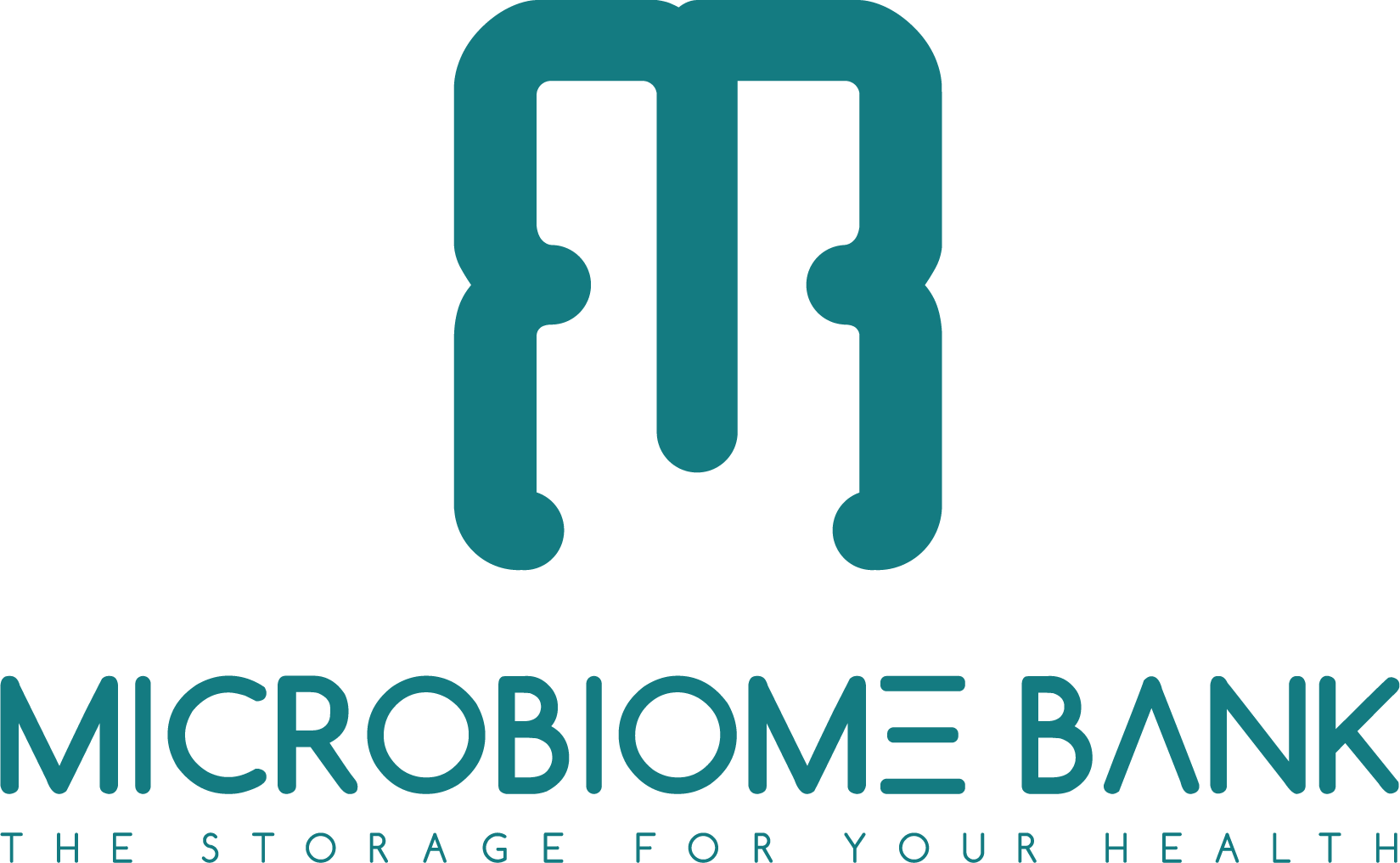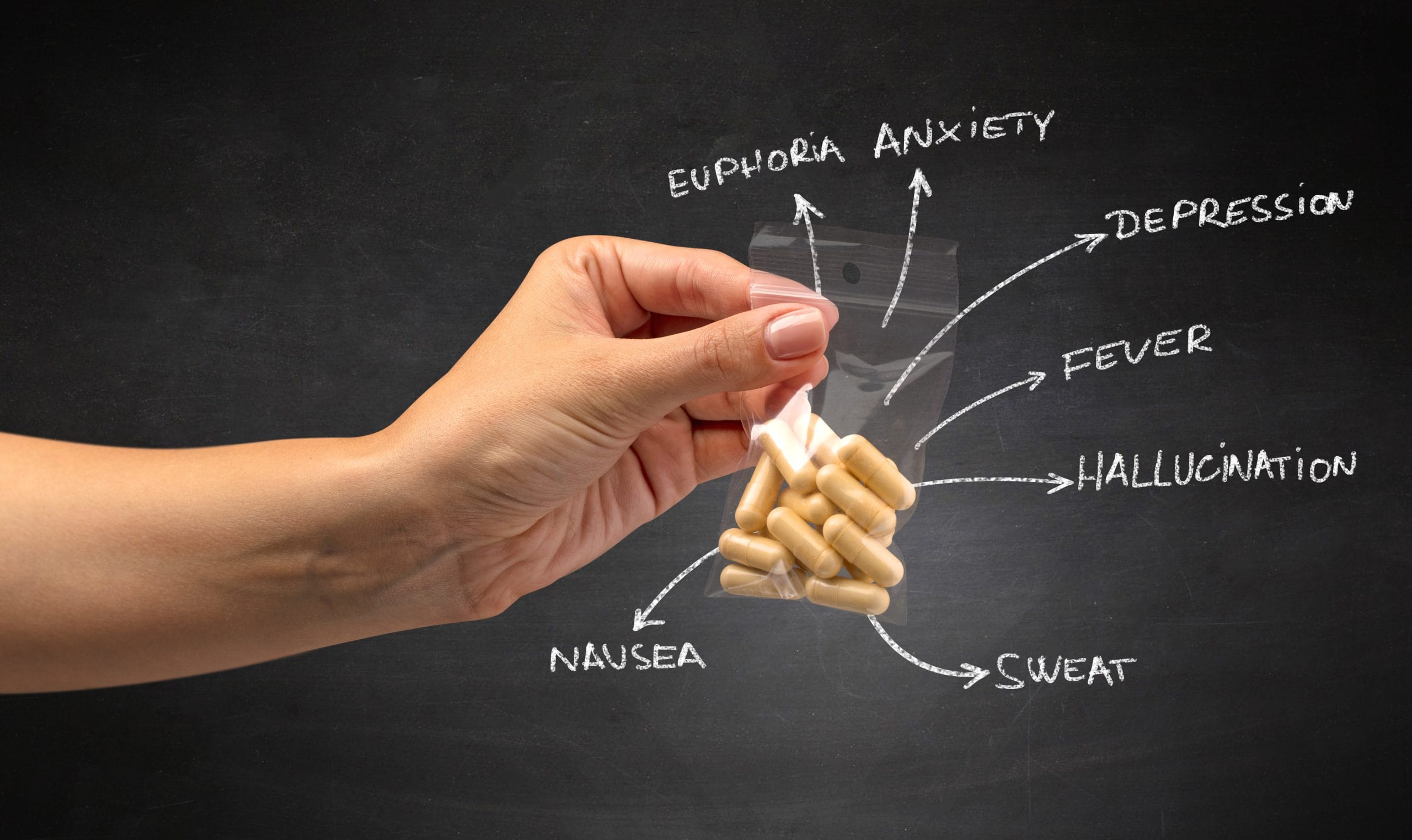Mood, Memory, and Microbes
Before this journey, he thought that mental health was only about neurotransmitters - serotonin, dopamine, GABA - a chemical orchestra conducted by the brain. But as fatigue, brain fog, and low resilience crept into his own life, he began to see the picture differently. His microbes weren’t background noise. They were playing instruments in the symphony too.
The connection wasn’t just theoretical. He had seen it in practice: patients whose anxiety worsened after antibiotics, or whose depression eased when their digestion stabilized. At first, he dismissed it as coincidence. But the evidence grew: the gut-brain axis was real, and microbes were not passive - they were active composers of mood.
Enteral psychobiotics: specific bacterial strains with documented effects on mental health. Bifidobacterium longum 1714 has been shown to reduce cortisol and support memory performance. A combination of Lactobacillus helveticus and Bifidobacterium breve has been studied for its role in lowering anxiety scores. While these studies are still small, the signals were clear enough to catch his attention.
He began tracking his own mood alongside diet. More fermented foods? His energy felt steadier. A few days without fiber? Irritability crept back in. When he tried prebiotics like galacto-oligosaccharides, he noticed subtle but real emotional stability within weeks. It wasn’t dramatic, but it was durable.
He also paid attention to stress as a disruptor. After just one week of poor sleep and high workload, his gut shifted: constipation, cravings, low patience. It became obvious that mood didn’t just depend on microbes - microbes were responding to mood too. This wasn’t a one-way street, but a conversation.
So he broadened his approach. He still looking into strains like L. rhamnosus—promising in animal models for GABA modulation - but he didn’t rely on capsules alone. He emphasized the ecosystem: polyphenols from berries and cacao, resistant starches from cooked-and-cooled potatoes, zinc and magnesium for neural signaling. He treated rhythm - of meals, sleep, and movement - as medicine.
The biggest insight? Diversity mattered more than any single strain. A resilient microbial community was what carried him through stress, not one magic bacterium. With steady habits - breathwork before meals, sunlight exposure each morning, fermented vegetables daily - he found a groundedness he hadn’t felt in years.
It wasn’t manic joy, nor flat calm. It was balance: the kind of mood that could weather life’s demands. He no longer separated mental health from microbial health. When things felt off, his first question wasn’t “What’s wrong with me?” but “What have I fed my microbes this week?”
Next week: “ No 28 – Immunosenescence” — how my immune system is ageing.


